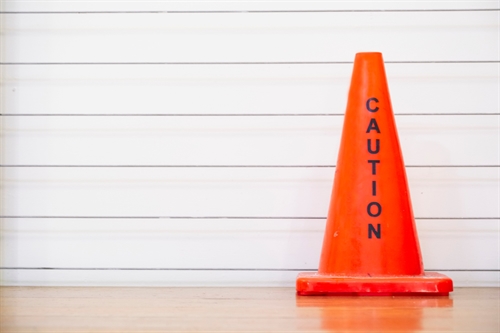We have already experienced our share of torrential rain and icy gusts in the UK this winter. It was heart breaking to see homes badly flooded in the Pennines and Yorkshire Dales after Storm Ciara and Storm Den nis. How many of us asked ourselves how we would cope in a similar situation?
Maybe you live in an area where you have already experienced the devastation of flooding, or you might be in a situation where a flood alert or more urgent warning is issued by the Environment Agency (EA), Natural Resources Wales (NRW) or the Scottish Environment Protection Agency (SEPA).
The Government has a flood warning website where you can find out if you are at risk and sign up for flood warnings.
Be prepared
In any event, it is always best to ‘ be prepared’ . Here are some steps you can take if you know your home is in danger of flooding:
- If anyone in your household is on medication, make sure you have supplies safely stored
- Find your home and contents insurance and other important documents and keep them safe
- Move things upstairs or to safety
- Use sandbags combined with heavy duty plastic sheeting to limit flood damage (ask your local council where you can get them, or contact building suppliers)
- If you are advised or decide to leave your property, turn off your gas, water and electricity
- Take family pets with you when you leave.
Damage limitation
If your home is liable to flood, plan ahead when you choose your fixtures and fittings. If you lay tiles instead of carpets, flood damage will not be so catastrophic. It’s a good idea to have your electrical sockets higher up the wall and to fit non-return valves – these stop flood water entering the drains. Keeping your drains and gullies clear will also limit the damage.
If you know you are on a flood plain, or there is a flood alert for your area, why not lift the burden of worry by moving your most valuable and precious possessions into a storage facility before the worst happens? We’ve got some advice on selecting a storage company that meets your needs.
How much is self - storage insurance?
Storage facilities usually insist the property you keep with them is insured, but you don’t have to use their own insurance - in fact it can often save money to shop around. You can get an instant online quote from Store and Insure, and cover starts from as little as 57p per week per £1,000 sums insured. This includes Insurance Premium Tax (IPT) and all fees and charges, and there is no extra cost for using a credit or charge card.
Cover is “new for old” and there is no excess if you store your belongings with a company who is a member of the Self-Storage Association (SSA) or The British Association of Removers (BAR) or an approved facility. We cover your household goods and personal effects in your chosen facility and also during transportation.
So, why not get a quote today.



